AHMED, Kumkum
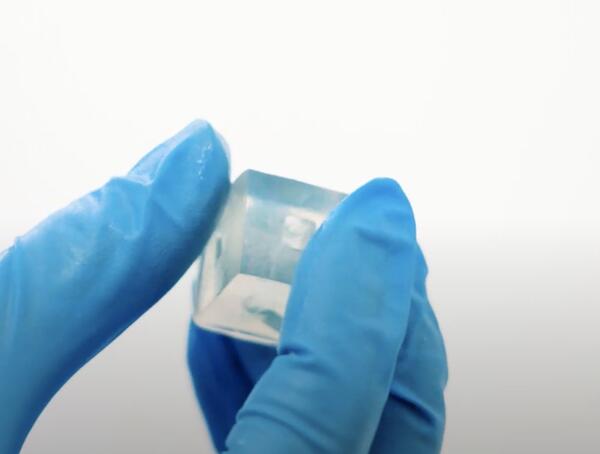
Rresearch images
mechanical
chemistry
material
Development of science and technology has been brought about not only prosperity of material civilization but also serious environmental problems such as global warming, environmental pollutions. In chemical industry, materials of high function and environment-friendly in the processes of production, usage, disposal, technology enabling the removal of contaminants and the recovery of rare resource have been required to be developed. In addition, the development of technology for the production and usage of renewable energy alternative to fossil fuel has become significant. The Applied Chemistry Course aims to foster researchers and engineers having not only extensive chemistry knowledge and skills, but also a broad culture and flexible and appropriate problem-solving skill, and to provide them to the international society as deserving human resources.
The Applied Chemistry Course's research activity covers the core discipline of analytical, organic, inorganic, and physical chemistry, as well as the interdisciplinary of biological science and chemical engineering. Through classes, seminar and laboratory work, the course fosters students to acquire a deep understanding of knowledge and skills in the major chemistry field and a broad understanding of basic knowledge and advanced technology in the relevant chemistry field as well. A candidate of master degree as chemistry major is required to acquire the following abilities.
In order to deepen students' understanding of the chemical field in which they specialize, and to cultivate their ability to understand the fundamentals and advanced technologies in a wide range of related chemical fields, we offer lecture courses (including lectures in English) based on the following policies.
The Applied Chemistry Course aims to develop not only chemistry expertise but also researchers or engineers who have the ability to broadly educate, discover problems, set problems, and solve problems, also the ability to produce effective human resources in the international community. The Applied Chemistry Course welcomes students with the following backgrounds.

 mechanical
mechanical chemistry
chemistry material
material


 material
material biotechnology
biotechnology multi
multi


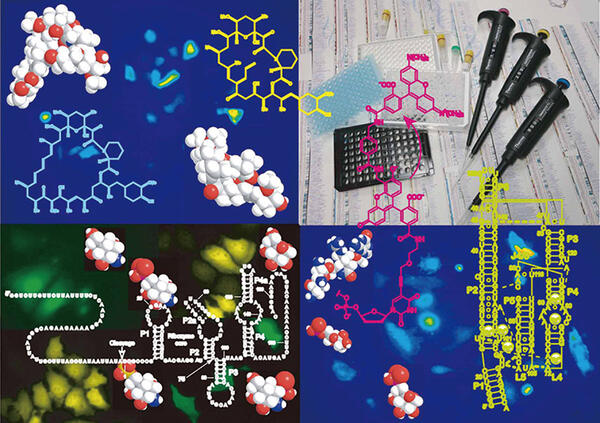
 chemistry
chemistry
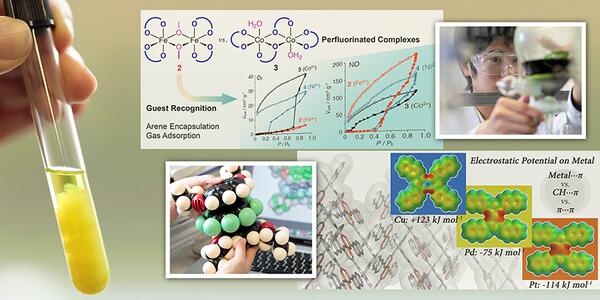
 chemistry
chemistry material
material



 material
material
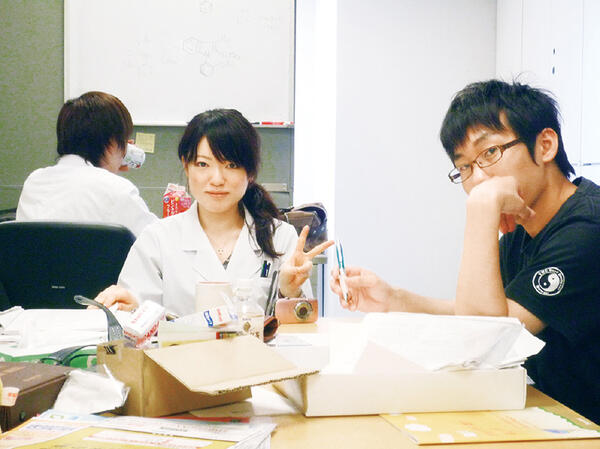
 chemistry
chemistry

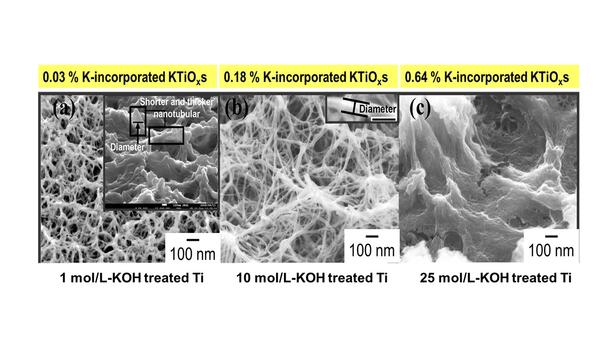
 chemistry
chemistry material
material biotechnology
biotechnology

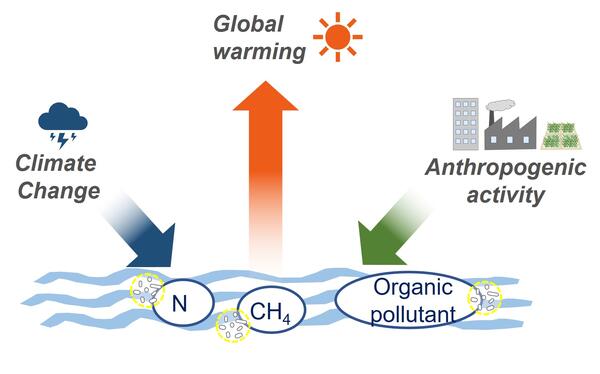
 biotechnology
biotechnology ecology
ecology environment
environment


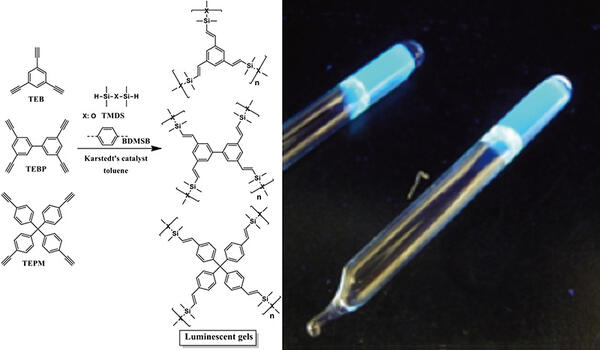
 material
material
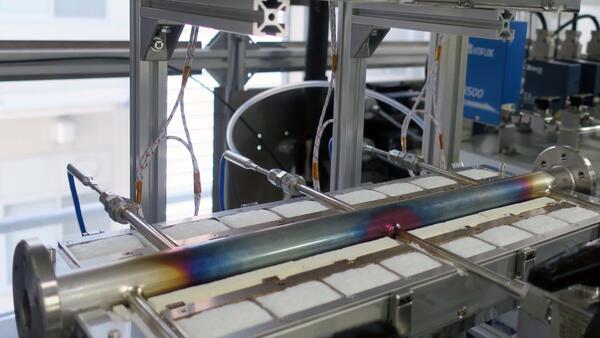
 ecology
ecology


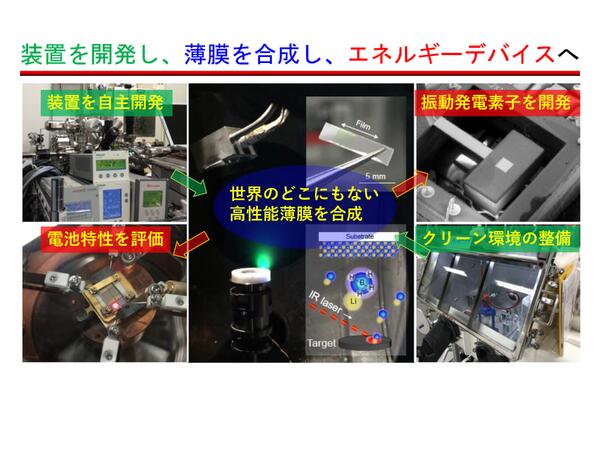
 energy
energy chemistry
chemistry material
material

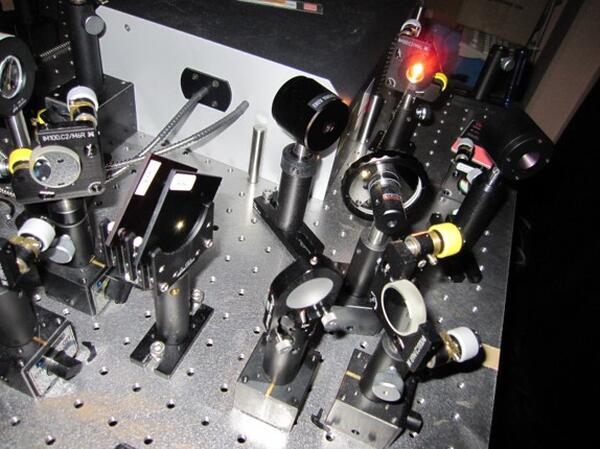
 chemistry
chemistry biotechnology
biotechnology medical
medical

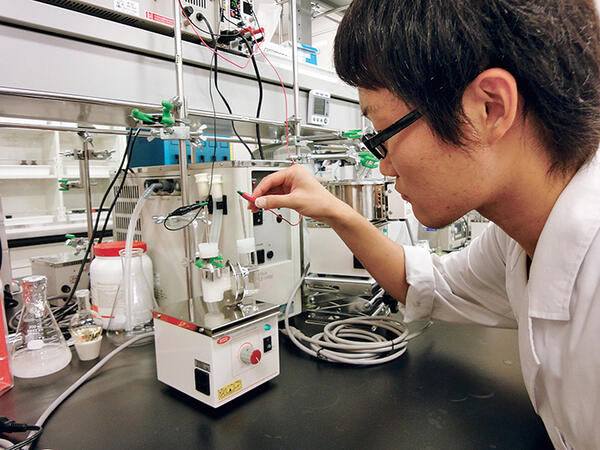
 chemistry
chemistry

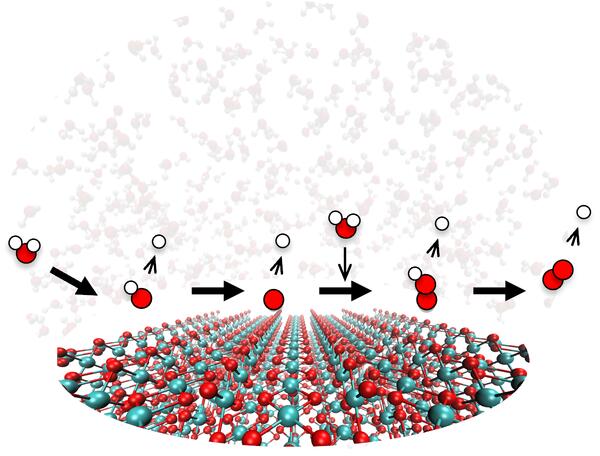
 energy
energy chemistry
chemistry material
material


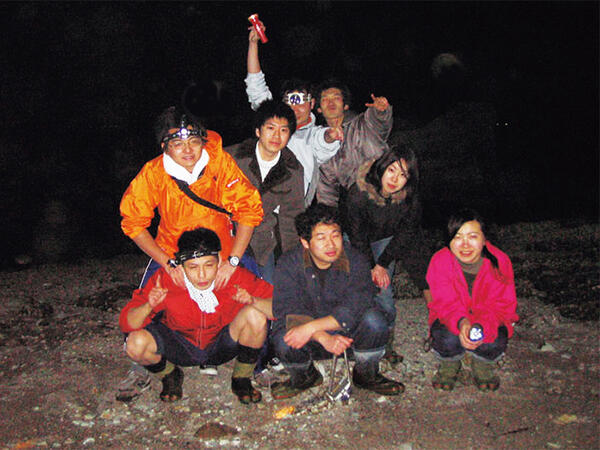
 chemistry
chemistry material
material biotechnology
biotechnology

